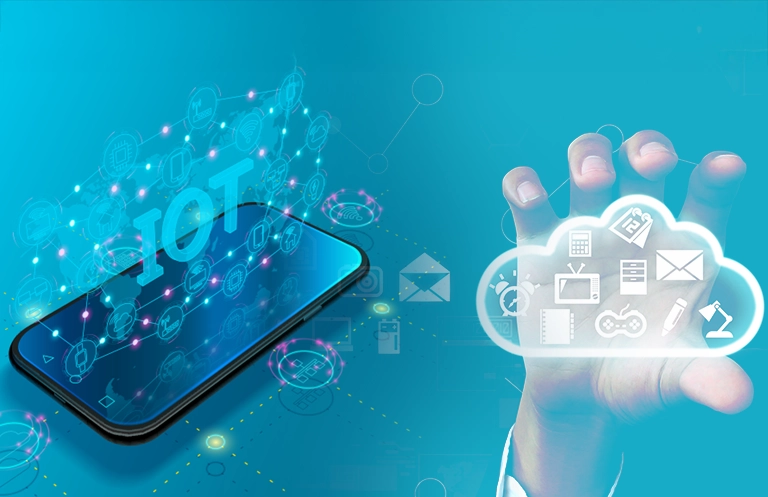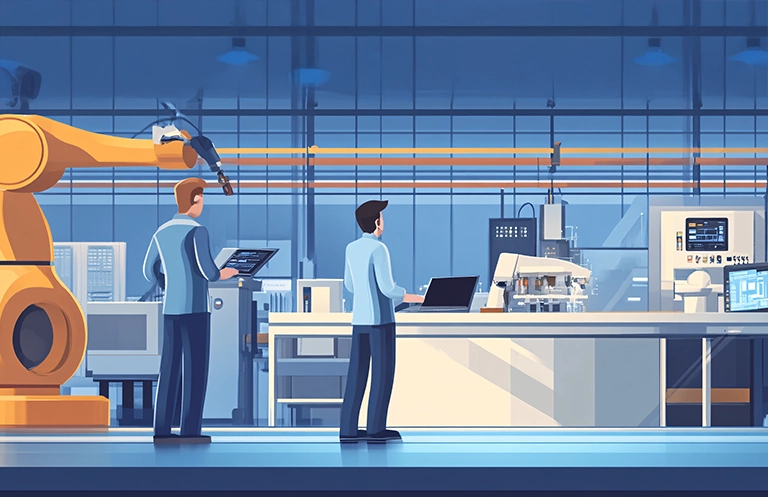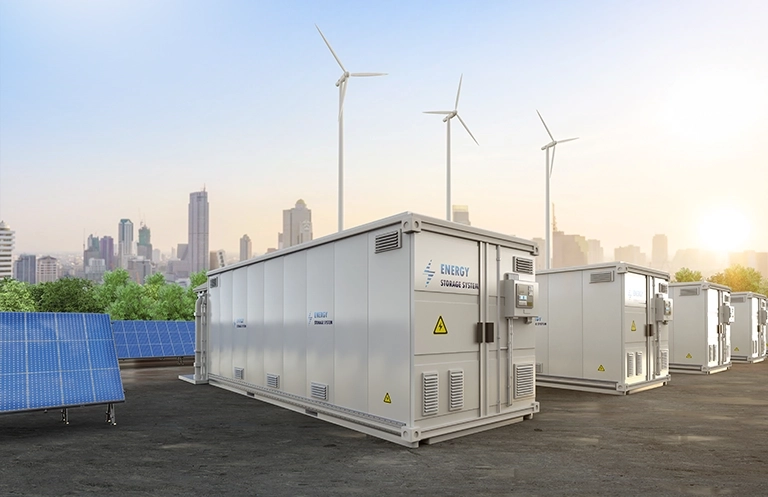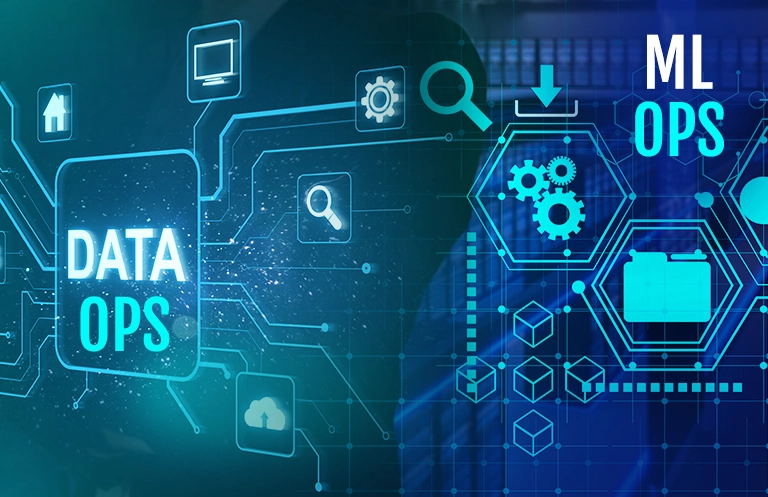There is no denying that the urban population is growing rapidly every year. “Approximately 70 percent of the world’s population is expected to live in cities in 2050” according to Gartner.
The growing population also brings its own set of challenges, which need to be addressed by civic bodies. Development of smart cities help in improving the standard of living, with the help of connected technology. An IoT driven ecosystem can play an essential role in optimizing energy consumptions, and helps in remotely managing different infrastructure facilities with effectiveness. Especially today, when global warming is destroying our planet, such initiatives can support in optimizing its effect.
Smart cities that leverage connected technology across their operations yield many benefits. Here are some use-cases of connected solutions which are already finding some adoption in smart city initiatives:
1) Smart Parking
An important aspect of smart cities is smart parking management. In metro cities, it’s become important to optimize traffic problems. We can get a clear picture of parking management with the help of sensors, analytics, and software which can track the availability of parking spaces, duration, and identity of each parked vehicle. This information is then transmitted to parking assistants and commuters. Sensors are also used for surveillance of parking lots to ensure that only authorized individuals are allowed into parking spaces.
Government is efficiently trying to manage entire parking assets automatically; a driver is no longer needed to worry about parking issues. By leveraging IoT and predictive analytics, smart parking initiatives are ultimately supporting the evolution of the smart city.
DOWNLOAD CASE STUDY
DevOps for AWS: Continuous Testing and Monitoring for an IoT Smart City Solution
2) Street Lighting
Most of the cities are already installing new smart lighting technology or modifying existing devices with sensor technology. The combination of network communication, intelligent sensing, and sophisticated data analysis capabilities allowing municipal authorities to monitor and control the street lighting system. IoT based lighting technology fix the scalability challenges to manage a large number of streetlight facilities by collecting large amounts of data generated by street lights. This generated data helps in improving lighting infrastructure by maximize energy savings and reduce power cost, which assist in saving energy by regulating energy consumption.
Smart lights play a significant role in daylight harvesting and save energy by dimming out zone with no residence. E.g. only specific parking lots will be lightened, when car is entering toward that spot, while others will be switched off.
3) Traffic Management
In metro cities population is drastically increasing giving rise to the number of vehicles and these lead to traffic congestions. Due to lack of proper traffic management, traffic congestions and accidents are increasing. The need is to address them with smart solution like connected video management software along with video analytics.
Video analytics mainly work on movement-based analytics and pattern generation and recognition which can effectively aid vehicle detection, vehicle classification, congestion detection, wrong-way vehicle detection, licence plate recognition.
4) Waste management
IoT enabled smart city solutions helps in optimizing waste collection schedules, by tracking waste levels, as well as providing route optimization and operational analytics. By use of ultrasonic sensors, levels of trash can be monitored in trash bins. Measured data is then sent to the cloud for further processing and analysis. By utilizing this data, trash collection can be planned as well as truck routes can be optimized further.
To increase efficiency, improve the quality of facilities provided to residents, and managing millions of connected devices requires a platform that can power IoT applications. Managing all connected devices can be a problem for organizations.
A comprehensive Remote device management platform can help in efficiently managing devices, from device provisioning to device updates, cloud integration, and security.
How Remote Device Management (RDM) Can Assist Smart Cities?
In smart city initiatives, maximum devices are interconnected, and there is chance of failure of devices at any stage which leads to creating a threat in secure living. Device manufacturers and system developers must plan future events at the design stage. When you have thousands of devices at play, it is hard to rely on third parties to fix issues, so the best solution is remotely performing the task at scale.
Remote device management plays an important role to lower down threats by creating a secure environment, analysis of issues, fault detection, correction, and updates. Remote device management offers a complete package like control over devices, lifecycle management from enrollment to decommission of the device.
According to Markets&Markets, Internet of Things (IoT) Device Management market is expected to grow from USD 693.4 Million in 2017 to USD 2,559.6 Million by 2022, at a Compound Annual Growth Rate (CAGR) of 29.8%.
Let’s see how RDM enables managing a device remotely:
- Device Provisioning and Registration In RDM, device provisioning is the process of enrolling the device into the system. Where device authentication is the act of securely establishing the identity of the device to ensure that it can be trusted.A cloud-hosted service that device connects, need to know that the device is genuine, running trusted software and it is working on behalf of trusted user.
- Device Monitoring Device Monitoring function helps in tracking and monitoring devices remotely. It allows organizations to minimize downtime and avoid unnecessary operational problems, with solutions for device diagnostics, device health monitoring, remote troubleshooting, predictive maintenance, etc. It also provides data visualization and dashboards for effective control.
- Device Management Device management helps to secure access to devices. It monitors health, detect and remotely troubleshoot problems, and also manage software and firmware updates by secure onboarding, organizing, monitoring, and remotely managing IoT devices.For smart city development, roughly IoT deployments consist of hundreds of thousands to millions of devices. IoT device management helps in fast device onboarding, locate and manage connected device quickly, easy remote device management, simple device organization according to business and security requirements.
- Device update and diagnostics Devices are expected to function for years without replacement. Hence, it would need an effective mechanism manage regular software updates remotely, install security patches, maintain firmware, bug fixes, customizations, etc. Device update and diagnostics allow remote feature enhancement, enterprise IT integration, cloud-to-cloud integration, secure software updates, hardware security alerts etc.
eInfochips has over a decade of experience in managing end-to-end development and deployment of the product life cycle. eInfochips also has a rich experience in connected devices expansion and helps to develop/deploy multiple use cases in different verticals. For more information, please connect with us today for remote device management services.
eInfochips Remote device management platform enables customers to have end-to-end visibility to the solution and enhance application value by incorporating devices, delivering high service reliability, reducing operational costs, and hence maximising the device uptime.
eInfochips helped one of the telecom company for their smart city initiatives. We helped in building an IoT Remote Device Management platform to securely onboard, organize, monitor and manage next-generation, low power NB-IoT devices on 5G network. This platform enables administrators in achieving comprehensive, near real-time visibility into device status across network. The client can now control, configure and authenticate devices and deploy firmware over-the-air (OTA) upgrades.













